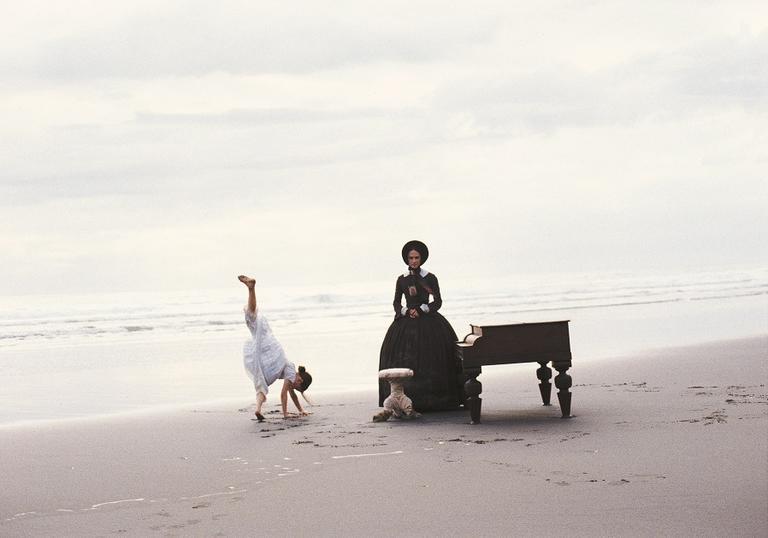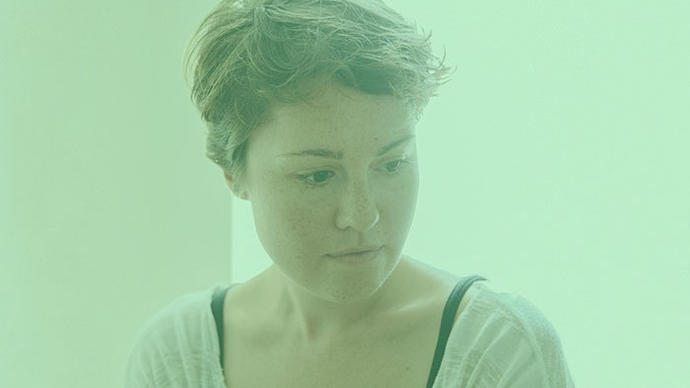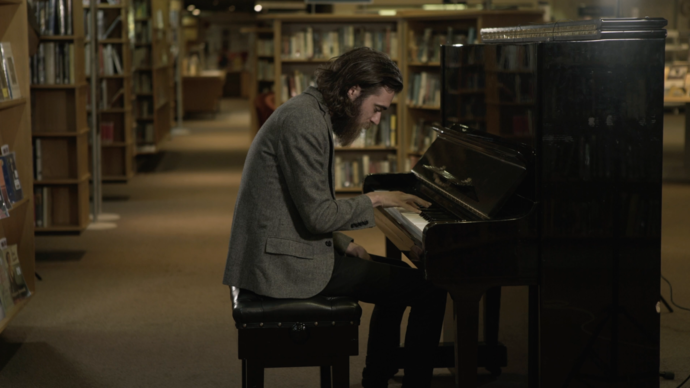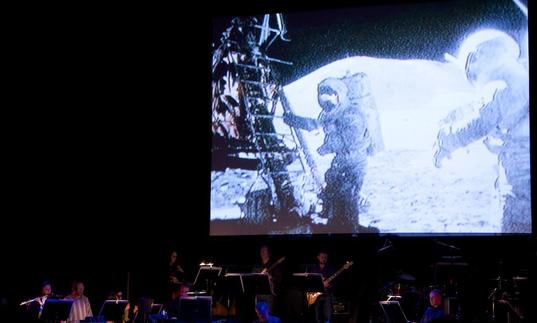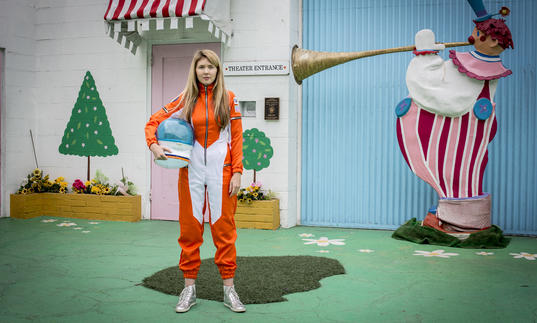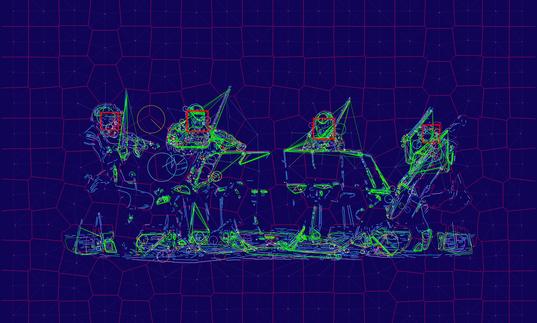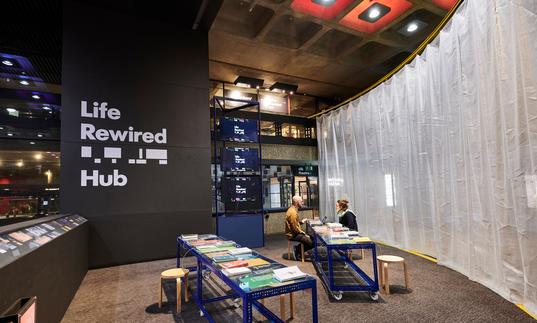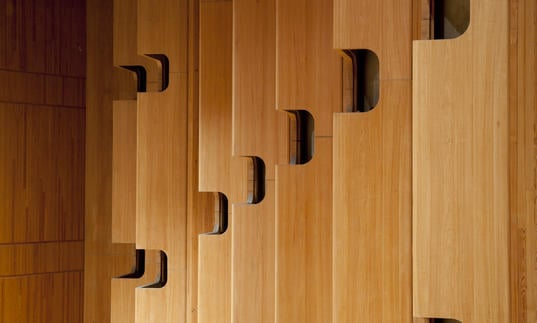Musicals aside, rarely is a film’s music as loved as the film itself. But in the case of The Piano, in which the imposing baby grand was a character as much as any actor in the film, the music took on a life of its own. Set in the Victorian era, Jane Campion’s 1993 melodrama tells the story of a mute, enigmatic Scotswoman, Ada (Holly Hunter), sold in marriage to New Zealand frontiersman Alisdair (Sam Neill), and who communicates through her piano playing. After she is forced to give up her beloved piano, Ada enters an uneasy bargaining arrangement with local, Baines (Harvey Keitel), to buy it back, one key at a time. The dark love affair that unfurls puts them both – and the piano – in danger.
The film was nominated for eight Academy Awards, winning three (for Best Screenplay, Best Actress, and Best Supporting Actress), while the score won its composer Michael Nyman an Ivor Novello Award, Golden Globe, BAFTA and American Film Institute award. Not only was Nyman’s potent romantic minimalist music successful as a soundtrack, but it sold more than three million copies, not counting the sheet music; the sales were unprecedented for a British film score. It made Nyman a global star.
The film’s 25–year anniversary was celebrated in 2018 when a handful of cinemas, Barbican included, screened the film. Tonight is an opportunity to see The Piano back on the big screen, in a new captivating way as – for the first time – an orchestra will play Nyman’s iconic score live in synchronisation with the film.
‘This film really means something to people and the music really means something to people and that is actually quite unusual,’ says producer of today’s event Tommy Pearson, Managing Director of Big Screen Live and former BBC Radio 3 presenter. ‘If you take some of John Williams’s films out of the equation, there aren’t a huge number of film scores that really mean something to a big, broad audience and The Piano is one of them. It was on everybody’s CD player for a long time in 1993. It was just one of those soundtracks that was everywhere.’
Classic FM had launched the year before the film’s release and was instrumental in getting Nyman’s music onto people’s radios and into their homes. As for the film, undoubtedly the intensity of its emotions, enduring themes of love and sexuality, and visual and literary qualities resonated on its release. And when Pearson approached Campion about the project, she said: ‘Wonderful’.
‘She thought it was a great idea,’ recalls Pearson. ‘It’s one of those films that really touched people in a particular way. It’s an intimate film about relations and inner turmoil and the fact that Ada doesn’t speak and can speak though the piano, I think those things, the unsaid emotions, speak quite directly to people, and the performances are so strong they pull you right in. In a way it’s a classic love story although it has its unusual twist. Also of course it’s visually sumptuous.’
And that depth of emotion that the film captures will be enhanced by the live orchestral score. All of the piano performances you see in the film were by Hunter, and those performances will be shown just as they are rather than recreated live. It is the rest of the score that will be performed live by members of the London Contemporary Orchestra, comprising strings, three saxophones and piano, playing on the stage beneath the large HD screen.
‘It’s a completely different experience watching a film with an orchestra sitting just underneath the screen’, says Pearson, whose other live orchestral film events have included Interstellar (2014), The Italian Job (1969), North by Northwest (1959), and Independence Day (1996). ‘The physical presence of the musicians on the stage can make the whole experience much more powerful – both the visual and audio experience are heightened. If it was a very emotional scene where the music was emotional, and there to enhance the scene, it enhances it to the power of eleven.’
With The Piano, aside from the scenes featuring Ada playing the piano, the music is low in the mix and never especially prominent, and the same effect is captured in the live experience. The orchestra will perform unamplified, so as to be respectful to the film itself.
‘You never want the music to overwhelm the sound of the film itself – I don’t think that’s right,’ says Pearson. So in order to also give the orchestra a chance to stand out, rather than solely accompanying the film in the shadows throughout, they will play an overture from a string arrangement of themes from The Piano before the film begins, and will play at the end over some additional credits. ‘It gives the orchestra a chance to shine where they don’t have to be subservient to the pictures and without the movie getting in the way which gives the audience a proper musical presence,’ explains Pearson. Putting a musical stamp on the event before the movie starts will add to the musical experience for the audience.
The overwhelming interest in tonight’s orchestral screening, Pearson says, is unusual for a 25 year old movie that isn’t something like Star Wars. While The Piano was an Oscar–winning success, it is no blockbuster with an enormous ready audience. ‘That’s what drew me to it as well. The Piano brings in a different type of audience which might be a little bit more discerning in its choices of films but still want to see it on a big screen.’
